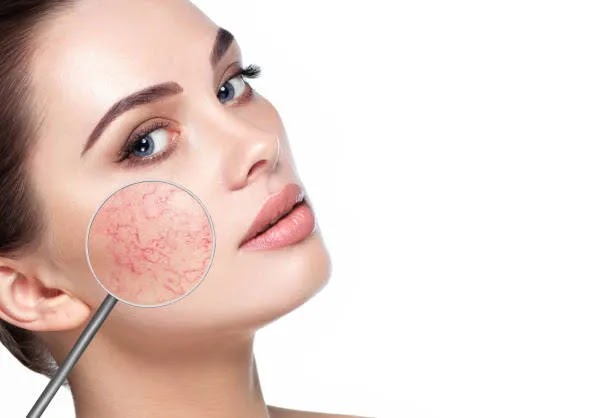Cold Showers
Cold showers are any showers with a water temperature below 70°F.
They might be beneficial to your health. Water therapy (also called
hydrotherapy) has been used for centuries to take advantage of our body's
tendency to adapt to harsher conditions. Our bodies become more
stress-resistant as a result.
Cold showers are not the primary source of treatment for any
condition, but they may help improve symptom relief and general well-being.
Check out the benefits of a cold shower below.
Increases endorphins
According to the Centers for Disease Control and Prevention,
depression affects at least 10% of American adults. Depending on the severity
or duration of symptoms, several medicines can be used to treat depression.
Hydrotherapy is one holistic treatment option that is gaining popularity. In
clinical research, taking a cold shower for up to 5 minutes, 2 to 3 times per
week, was shown to help relieve depression symptoms.
Cold showers can be used as a form of gentle electroshock therapy
for persons who are depressed. Many electrical impulses are sent to your brain
by the cold water. They jolt your system to increase alertness, clarity, and
energy levels. Endorphins, generally known as happiness hormones, are released
as well. This effect leads to feelings of well-being and optimism.
Helps improve metabolism
Although we associate white fat with diseases like obesity and
heart disease, we are all born with brown fat. Researchers have found that
brown fat plays a vital role in adult health. Brown fat levels that are healthy
also indicate that white fat levels are good. And brown fat is activated by
exposure to cold temperatures.
People that are obese can't simply start taking cold showers to
lose weight without changing other lifestyle habits. Taking a cold shower two
or three times per week, on the other hand, may help to boost metabolism. Over
time, it may aid in the fight against obesity. The research about how exactly
cold showers help people lose weight is unclear. Still, it does show that cold
water can even out certain hormone levels and heal the gastrointestinal system.
These effects may add to the cold shower's weight-loss ability.
Improves circulation
It can feel uncomfortable to immerse our bodies in cold water, but
it can also be invigorating. That's because water that's colder than our
natural body temperature causes the body to work slightly more complicated to
maintain its core temperature. When taken regularly, cold showers can make our
circulatory system more efficient. Cold showers have also been reported to
improve the look of some people's skin, leading to better circulation.
Athletes have known this benefit for years, even if we have only
recently seen data that supports cold water for healing after a sports injury.
Ice helps reduce inflammation when we bruise or tear a muscle for the same
reason. By bringing the temperature of an area of the body down, we speed up
the delivery of warmer, freshly oxygenated blood to that area. And that speeds
up recovery time. Some people may benefit from cold showers to help their blood
move through their bodies more quickly. These include people with poor
circulation, high blood pressure, and diabetes.
It helps fight off common illnesses.
Our bodies are designed to become resistant to the elements
exposed. For example, leukocytes help fight infection in the body. Leukocytes
are activated by the shock of cold water in the bloodstream. Taking cold
showers can help you fight common illnesses like the flu and colds.
One study even indicated that cold showers could make the body
more resistant to certain types of cancer. In addition, a clinical trial in the
Netherlands found that those who had cold showers were less likely to be called
out of work.
People preparing for surgery or other disease treatment that could
lead to decreased immunity might want to start taking cold showers in
preparation.
Limits and risks
Cold showers are not a magical cure-all for any condition. They
should be used to supplement traditional treatments but not as a replacement.
Please keep in mind that persons taking medication for their
mental health should not abruptly stop taking it in favor of any treatment.
People with long-term clinical depression or a diagnosis of bipolar or
borderline personality conditions should not use cold showers to replace what
their doctor has prescribed under any circumstances.
If you're feeling sick, recently released from the hospital, or
are otherwise immune-compromised, wait to try out cold showers. While the cold
shower habit is beneficial for most people, the habit takes some getting used
to. The body may be taxed by the process of getting used to it.
Outlook
The ideal way to take a cold shower is to ease into the habit.
Start by slowly lowering the temperature at the end of a usual shower. Get the water cold enough that you start to feel uncomfortable. After that, stay in the water for 2 or 3 minutes. Deep breathing will help you in decreasing your mental discomfort. Make the water slightly colder the next time you perform this practice. In the colder water, try to last another minute or two. After completing this activity 7 to 10 times, you'll find that you might even look forward to turning the hot water down.






